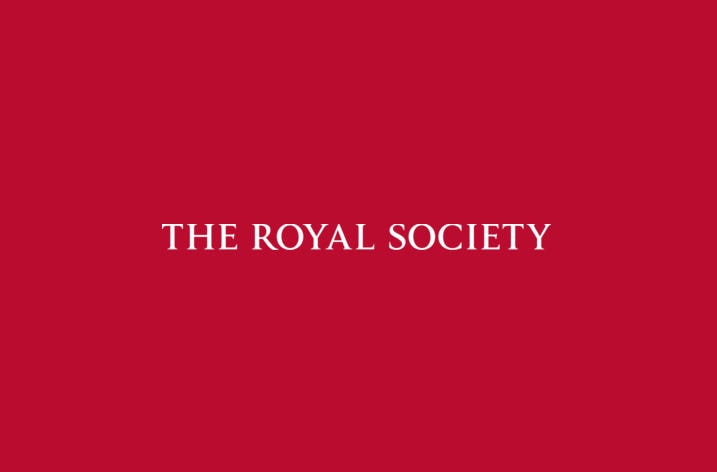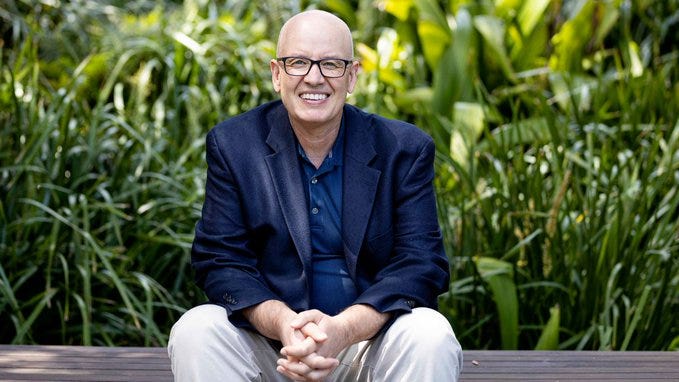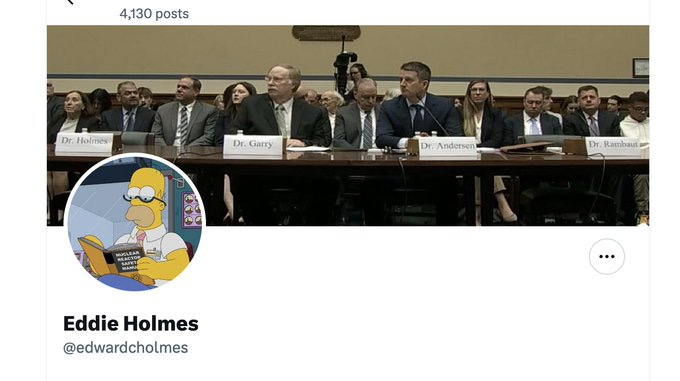Did we ever expect it to be any different? Instead of analysing the response to the pandemic to identify where things went wrong, why bad decisions were made and why tens of thousands of people died unnecessarily, the people who cheered on lockdowns have decided that lockdowns worked.
Even worse, they are rewarding the people involved instead of hauling them before a Judge to ask why so many people died (and are still dying) under their watch.
The Royal Society, formally known as The Royal Society of London for Improving Natural Knowledge, is one of the world's oldest and most prestigious scientific institutions. Founded in 1660, it played a vital role in the Scientific Revolution, a period of great advancement in the sciences that transformed the way people understood the natural world. The society was established to promote the "new science," characterised by the application of observation, experimentation, and reason to discover how things work, as opposed to relying on tradition and religious dogma. Among its founding members were prominent figures of the time such as Robert Boyle, John Wilkins, and Christopher Wren, the architect who designed St. Paul's Cathedral in London.
The Royal Society's chief aims were—and still are—to support scientific research and to disseminate scientific knowledge. From its inception, the society started a tradition of hosting regular meetings where scientists could present and discuss their findings. The proceedings of these meetings were published in a scientific journal called the Philosophical Transactions, which is recognised as the world's first scientific journal and continues to be published to this day. Over the centuries, the society has sponsored various expeditions and research projects, offered fellowships, and presented awards and medals to recognise significant contributions to science.
Membership in the Royal Society is considered one of the highest honours that a scientist can receive. Over the years, its ranks have included some of the most eminent scientists in history, such as Isaac Newton, Charles Darwin, and Albert Einstein.
Last week, the Royal Society published its findings on the effectiveness of non-pharmaceutical interventions (NPIs) during Covid. It looked at six categories:
Masks and face coverings;
Social distancing and lockdowns;
Test, trace and isolate;
Travel restrictions and controls across international borders;
Environmental controls;
Communications;
Now is an opportune time to learn from NPI implementation during the pandemic and highlight evidence gaps to ensure we are prepared for potential future outbreaks of infectious disease.
What were the main conclusions of the Royal Society’s Report? They concluded that there is clear evidence that the stringent implementation of NPIs was effective at reducing transmission of Covid.
What lessons did they learn from the report? “One of the most important lessons from this pandemic is that the effective application of NPIs ‘buys time’ to allow the development and manufacturing of drugs and vaccines. There is every reason to think that implementing packages of NPIs will be important in future pandemics”.
So all the NPIs worked we just didn’t do them well enough. Lockdowns weren’t implemented sooner or harder or for longer and masks weren’t worn by enough people. Just you wait until next time though!
After congratulating the science on how well the science did, the Royal Society moved on to the scientists themselves.
First they jointly awarded the Royal Medal to Sir Patrick Vallance (Chief Scientific Officer during the pandemic) and Sir Christopher Whitty (Chief Medical Officer - England’s equivalent of Anthony Fauci) for their pivotal role in ensuring that the UK’s response to the Covid-19 pandemic has benefitted from the very best science and evidence.
Then they awarded the Croonian Medal to professor Eddie Holmes in Australia for his key role in the discovery and characterisation of SARS-CoV-2 and the first to publicly release the genome sequence.
In fact, Eddie was at least the 18th person to publish the sequence. Furthermore, he was part of the group of scientists who called the lab leak a conspiracy theory and shut down any debate at the beginning of the pandemic. Not allowing scientists and medics to determine what they were dealing with meant lives were lost when they could have easily been saved with the correct treatment.
Eddie got excited when a fellow virologist got sick with Covid.
He also proudly used the photo of his empty chair at the Congressional hearings and withheld information on his collaboration with scientists at Wuhan.
The Science shamed itself during the pandemic and instead of owning its failures, it is rewarding the architects.










Your essay stated “The (Royal) Society was established to promote the "new science," characterised by the application of observation, experimentation, and reason to discover how things work...”
That’s precisely what was missing in the covid response throughout the industrialized world. In fact, more often than not, it was forbidden and it’s proponents vilified.
The Grand Award for Irony goes to The Royal Society.
The Royal Society can reward anyone they like. It just does not mean anything. Despite what we have all witnessed, the royal society has done themselves a great disservice by ignoring reality and choosing instead to live in a dreamlike state. Their choice, not mine.